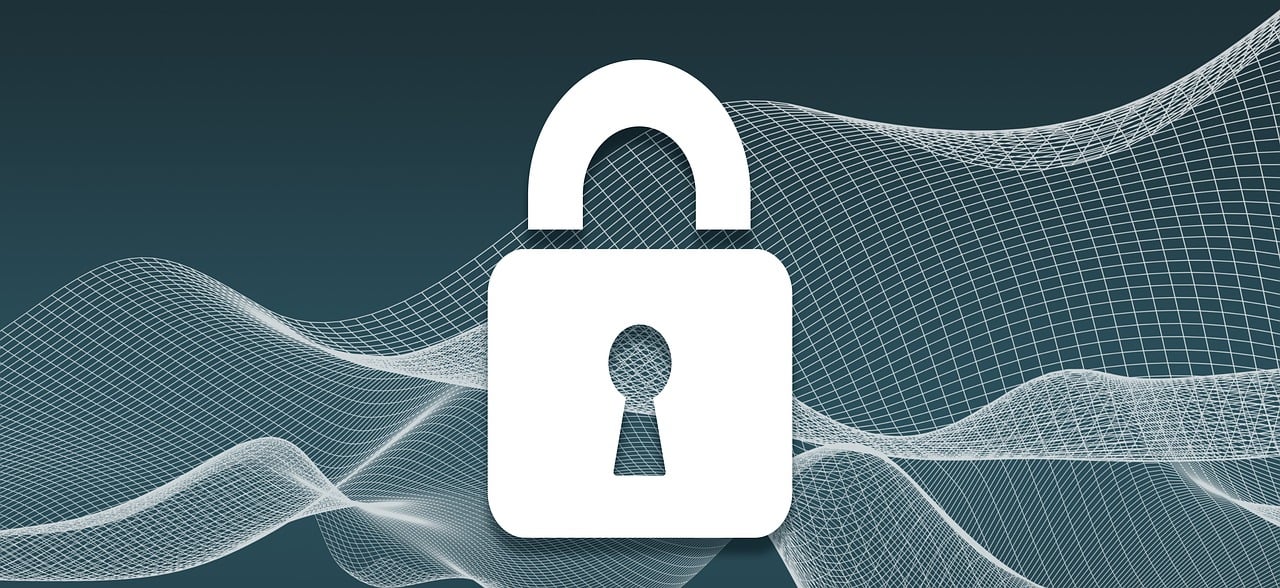Cybersecurity on a Budget: 7 Simple Steps Every SME Should Take
Cybersecurity isn’t just for big companies anymore. These days, small and medium-sized businesses (SMEs) are often the main targets for cyberattacks. Why? Because they usually don’t have strong protection in place. This is often because businesses assume that they cannot expect affordable cybersecurity that will work with their budget and security needs.
The good news is, you don’t need a big budget or an IT team to get started. With a few smart steps, you can build a solid defense. In fact, affordable cybersecurity for SMEs is not only possible — it’s more important than ever.

Here are 7 simple things every SME should do right now:
1. Turn on Multi-Factor Authentication (MFA)
First, protect your accounts by turning on MFA. It adds an extra step when logging in — like a code sent to your phone. This makes it much harder for hackers to break in.
2. Look at Your Risks
Next, take time to figure out where your business is most at risk. A basic risk assessment helps you see what needs fixing first.
3. Limit Admin Access
Don’t give everyone full access to your systems. Instead, only give extra permissions to people who truly need them.
4. Train Your Team
Also, make sure your employees know how to spot common scams, like fake emails. A little training goes a long way.
5. Keep Software Updated
Hackers look for outdated software. So, update your apps and systems regularly to stay safe.
6. Back Up Your Data
If something goes wrong, you’ll want a backup. Use both local and cloud backups — and make sure they actually work.
7. Have a Plan for Emergencies
Finally, write down what to do if a cyberattack happens. This way, your team can act fast and stay calm.
To sum it up, affordable cybersecurity for SMEs starts with small, smart actions. These seven steps won’t cost much — but they can protect a lot.
Need help getting started? Let’s talk.





